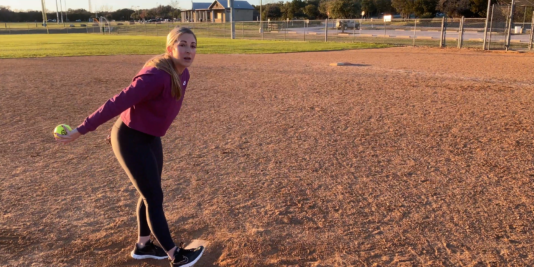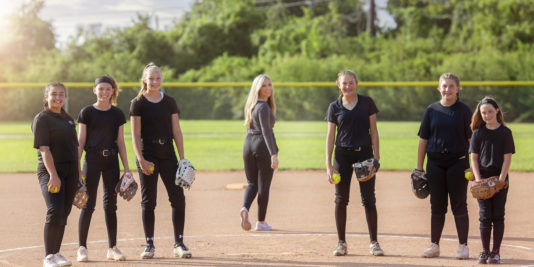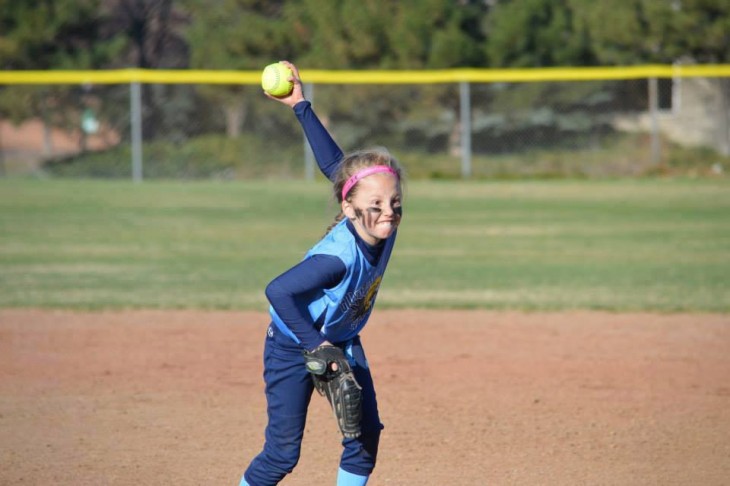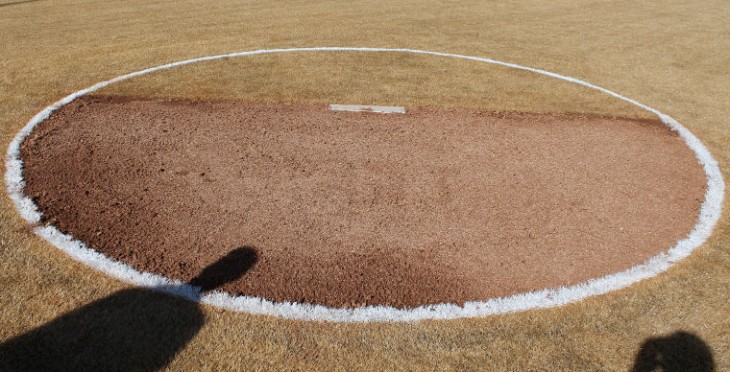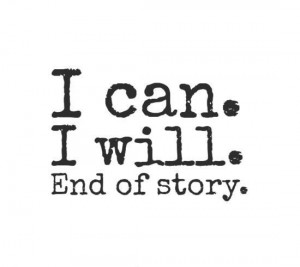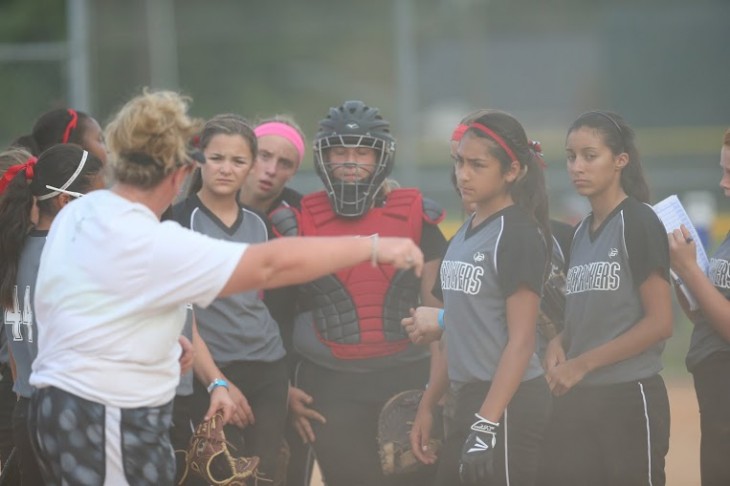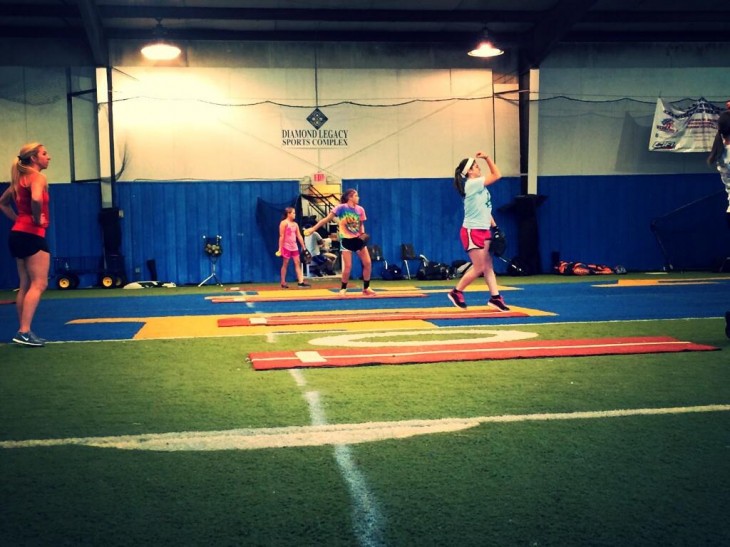Accuracy, movement & velocity. Those are the three core items we talk about that go into being a great pitcher.
To me, the most important one is accuracy.
Yes, speed and movement play a part in being a solid, successful pitcher! But, speed and movement should enhance accuracy. In my mind, accuracy should come first. At the end of the day (especially at the higher levels of play), it doesn’t matter how hard you throw or how much movement you have if you are unable to hit your spots. Being able to throw hard and not know where the ball is going will lead to you throwing 2 innings per game in college. Being able to throw hard and know where the ball is going will lead you to throw a complete game in college.
At the simplest form, our job as a pitcher is to get outs. No matter how those outs come – strike outs, fly balls or ground outs, it’s our job. You get outs by hitting spots accurately, consistently and with precision.
At any level, if you throw the ball over the middle of the plate, it’s going to get hit. We keep the ball on the corners because it’s a much harder pitch to hit, and a hitter has less chance of having success. The older you get, the further hitters hit mistakes. The harder you throw, the further the mistake is hit.
Why accuracy matters
Less accuracy can lead to more walks…
Every coaches nightmare is to see his pitchers give up walks (especially leadoff walks and walks to the 9 hole). No matter what level, 4 balls always equals a walk. It doesn’t matter if you throw those 4 balls at 75mph or 42 mph, a ball is a ball. Even if the pitch breaks a foot and has the best movement ever, if it doesn’t cross through the strike zone, then a ball is a ball.
If you cannot find the strike zone, or a hitter is not chasing your pitches, it’s going to lead to walks. This past year, even in the college game, I saw more runs walked in than ever before. You can’t defend a walk. Your defense can’t help you when you are giving away free passes and putting people on board because you as a pitcher cannot throw strikes. What did I say our number 1 job as pitcher is? To get outs. Our defense can’t make plays behind us if we do not have accuracy and are not able to find the strike zone. Walks are the death of pitchers and walks lead to runs. The more accurate you are, the less walks you give up. Hitters have to earn their way on base. Bottom line – If you don’t throw strikes (accuracy), then it’s going to be really difficult to win.
Less accuracy makes it harder for someone to call pitches…
Nothing is better than calling pitches for your pitcher and knowing exactly what you are going to get. (If you are a pitch caller, you know exactly what I mean). Nothing is worse than calling pitches for a pitcher and having no clue where the ball is going to go. It almost makes it impossible and completely a guessing game. I tell our pitchers that if they put the ball to the spot I am telling them, there’s probably a 95% chance we are going to get that hitter out. To be honest, it doesn’t even matter WHICH pitch they throw to the spot I am calling, all they have to do is hit one spot, some way, somehow. That’s it. That’s their job. It’s all about hitting spots consistently and being able to move the ball in and out without a high risk of throwing the ball over the heart of the plate.
You’ve got to be able to know exactly where the ball is going so you can set a hitter up to get her out. The older you get, the more important pitch calling gets with setting hitters up, finding their weaknesses, and having scouting reports based off of what hitters can and cannot hit. Good hitters are going to hit mistakes and hit them hard. Even if a ball breaks 6 inches and it breaks right to the middle of the plate, it’s going to get hit. I promise. I’ve been there and done it and see it with my own two eyes.
Less accuracy makes it harder to adjust to an umpire’s zone…
As pitchers, we are going to have umpires we come across who have a small strike zone. Pitchers who have the best accuracy and can put the ball exactly where they want to will not have nearly as much trouble with these umpires. When you face an umpire with a small zone, it’s important to work inches and move the ball in a little bit more at a time to be able to find that umpires strike zone. Pitchers who do not have great accuracy end up making TOO BIG of adjustments and putting the ball right over the middle of the plate when they are trying to find the zone. They are the pitches who are more likely to get hit hard when facing an umpire with a smaller strike zone. The key to umpires with small strike zones is making small, tiny adjustments to try to find exactly where that umpire is going to call it. The more accurate you are and trust in hitting your spots, the easier it’s going to be for you to find strikes in a challenging strike zone.
Now…I will be honest with you, the harder you throw and the more movement you have, the more mistakes you are able to get away with, especially at the younger ages. This is why the pitchers who are younger and throw hard really stick out (if you are in 12U and even 14U, you know what I am talking about). And, at a younger age, these pitches can get away with throwing it over the middle of the plate and not get hurt. But, let me tell you, these pitchers aren’t learning anything other than throwing it down the middle works for them. It’s positive reinforcement to these pitchers to throw the ball right down the middle because hitters will swing and miss and they will get away with it. This method absolutely will not work for long as you get older and hitters get better.
Pitchers who just throw hard and throw it over the middle of the plate are just learning to be throwers and not pitchers.
(There is a huge difference, and I will save the comparison for another blog in a different day.) Now, these pitchers, as they get older and start facing better hitters, will soon learn that accuracy is the most important thing they could have learned at a young age.
The pitchers who don’t throw as hard have to learn to be more precise at a very young age because they will get hit if they don’t hit a precise spot since the hitter has a longer time to see the ball coming out of the hand. They learn from failure. I pitch it here and it gets hit here. They are learning where they can and cannot throw pitches in order to have success. They learn from their failures. They are learning from instant feedback on their mistakes about where not to throw the pitch. If these type of pitchers have the courage and passion to stick with pitching and work their tails off on being AWESOME a hitting their spots, then they will have a high chance of success. However, it is at this age that coaches are telling them that to be a great pitcher you have to throw hard and have 6+ different pitches. This is just not true. If these pitchers can work past all of the people who tell them that they aren’t a good pitcher just because they don’t throw hard, I believe they have a high chance of playing in college because they are learning from a young age to be pitchers who pitch with high accuracy and can put the ball where they want to in order to get outs.
I PROMISE you, from my own past experience, and currently watching hundreds of game every year, if you put the ball over the middle of the plate, no matter how hard you throw or how much movement you have, it has a very high chance of getting hit, and getting hit hard. It’s not all about speed and it’s not all about movement. Strive for accuracy and command, and be working on this continually at practice. It is not just about how hard you throw I PROMISE.
In a perfect world, you would have the best of all 3 – accuracy, speed and movement.
Someone who can hit her spots 95% of the time, throwing 70mph and every pitch she throws moves 6 inches. This is unrealistic. If you find a person who can do this, you will be showing me someone who is well on her way to be a National Player of the Year once she gets to college, so long as she has the mental toughness to go along with it. Learning accuracy at a young age is critical and not to be overlooked, as it becomes the most important part of pitching, especially when you get to the Gold and collegiate levels of play. When you’re pitching at a young age, learn good work habits and focus habits, thinking of accuracy and precision with your pitching on a daily basis. Even though you may be able to get away with pitches over the middle of the plate in the 12U-16U levels, think about how you want to play long term and play at the highest level you are capable of. Think towards big goals and the kind of pitcher that can get out the best hitters in the country. That pitcher will be a pitcher who pitches with such great accuracy on both sides of the plate, rarely gives up walks, and can make in-game adjustments to adjust to the hitter and to the umpire.

